On the final day of 2023, Dhaka, Bangladesh, topped the list of cities with the worst air quality in the world once again, with an AQI score of 248 at 8:50 a.m.
According to the air quality index, Dhaka's air is'very hazardous,' causing major health dangers to people.
With AQI scores of 243, 235, and 227, respectively, India's Delhi, China's Shanghai, and Bosnia and Herzegovina's Sarajevo ranked second, third, and fourth on the list.
When the AQI value for particle pollution is between 101 and 150, air quality is considered 'unhealthy for sensitive groups,' between 150 and 200 is considered 'unhealthy,' between 201 and 300 is considered'very unhealthy,' and 301 or higher is considered 'hazardous,' posing serious health risks to residents.
The AQI, a daily air quality index, educates individuals about how clean or dirty the air in a particular city is and what associated health impacts may be of concern to them.
In Bangladesh, the AQI is calculated using five pollutants: particulate matter (PM10 and PM2.5), NO2, CO, SO2, and ozone.
Dhaka has long been plagued by air pollution problems. Its air quality often deteriorates throughout the winter and recovers during the monsoon.
According to the World Health Organisation, air pollution kills an estimated seven million people globally each year, primarily as a result of increased mortality from stroke, heart disease, chronic obstructive pulmonary disease, lung cancer, and acute respiratory infections.



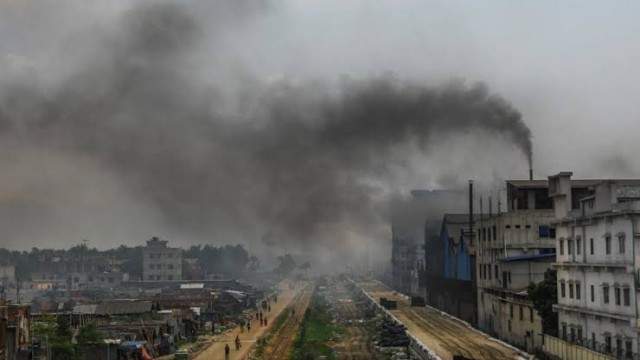
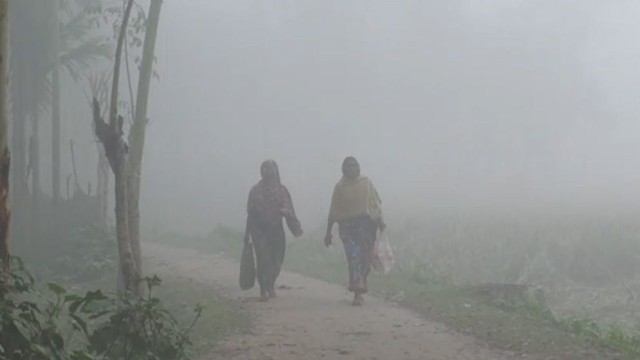


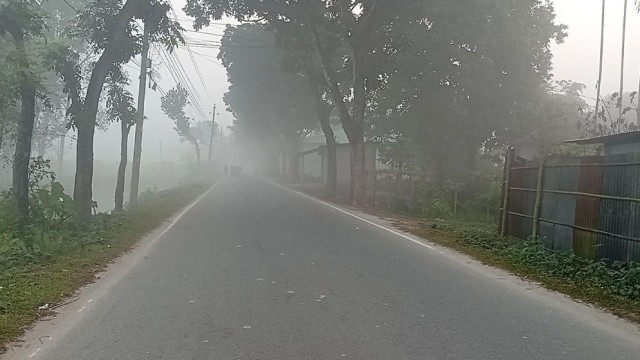


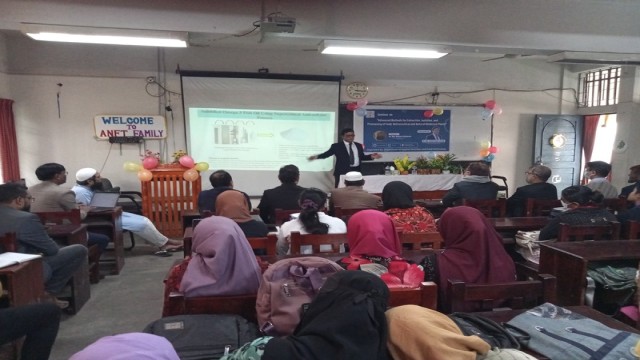




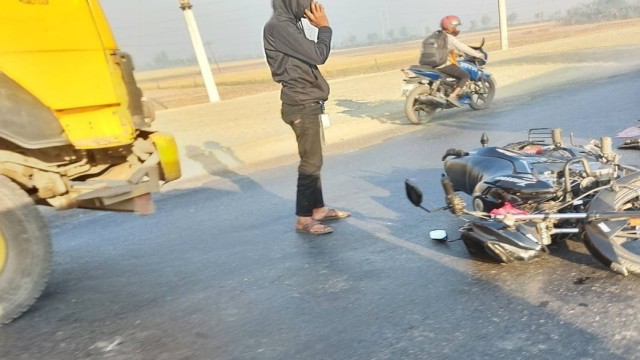







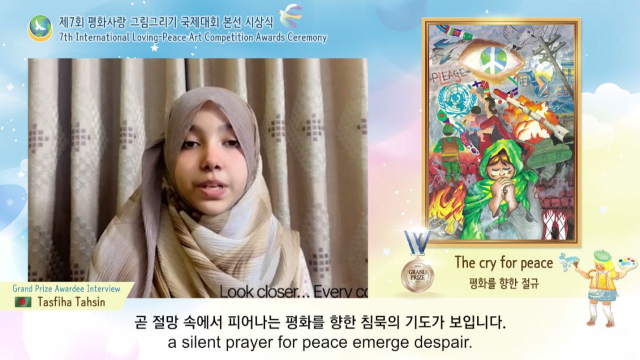







Comment: